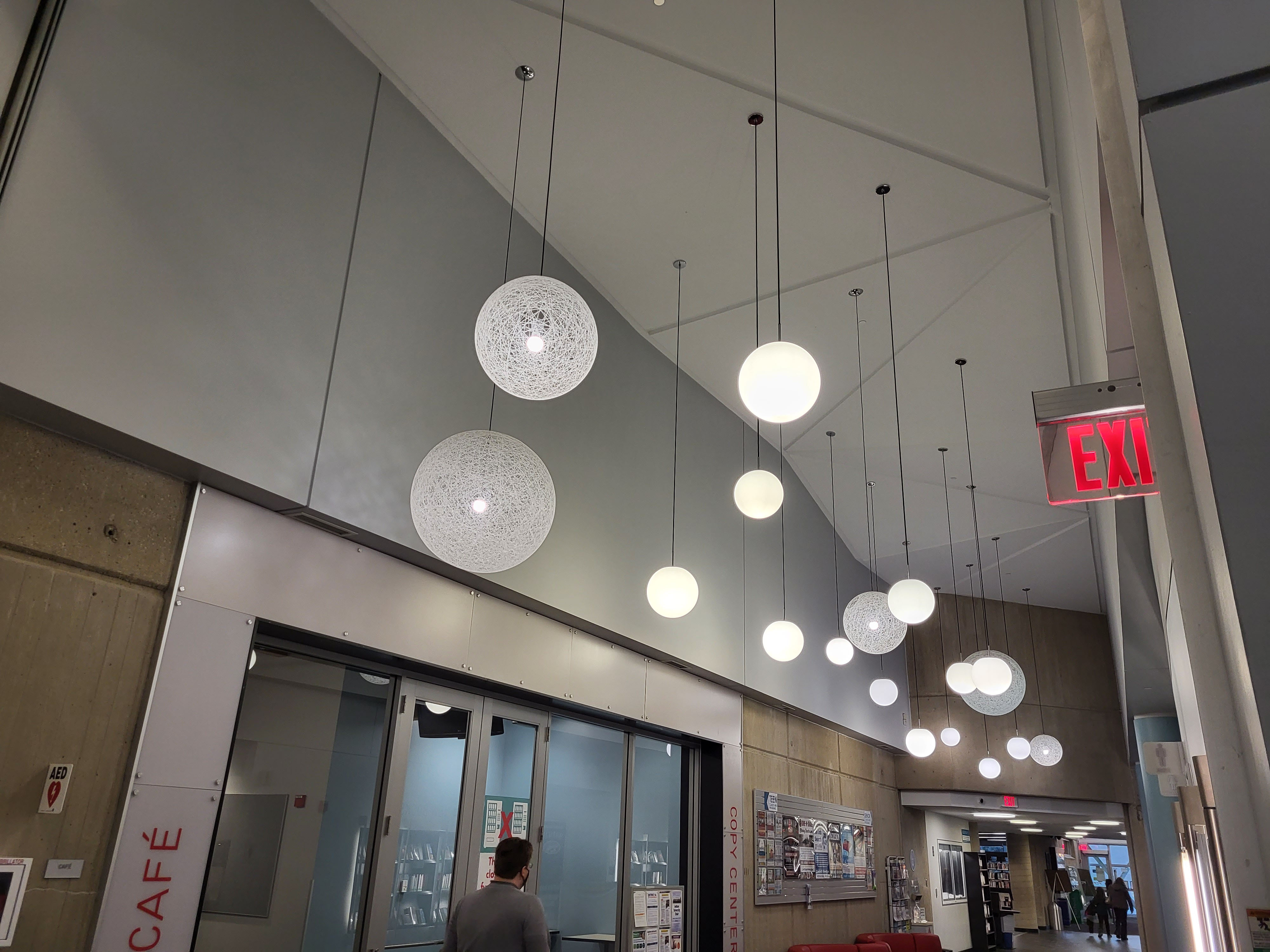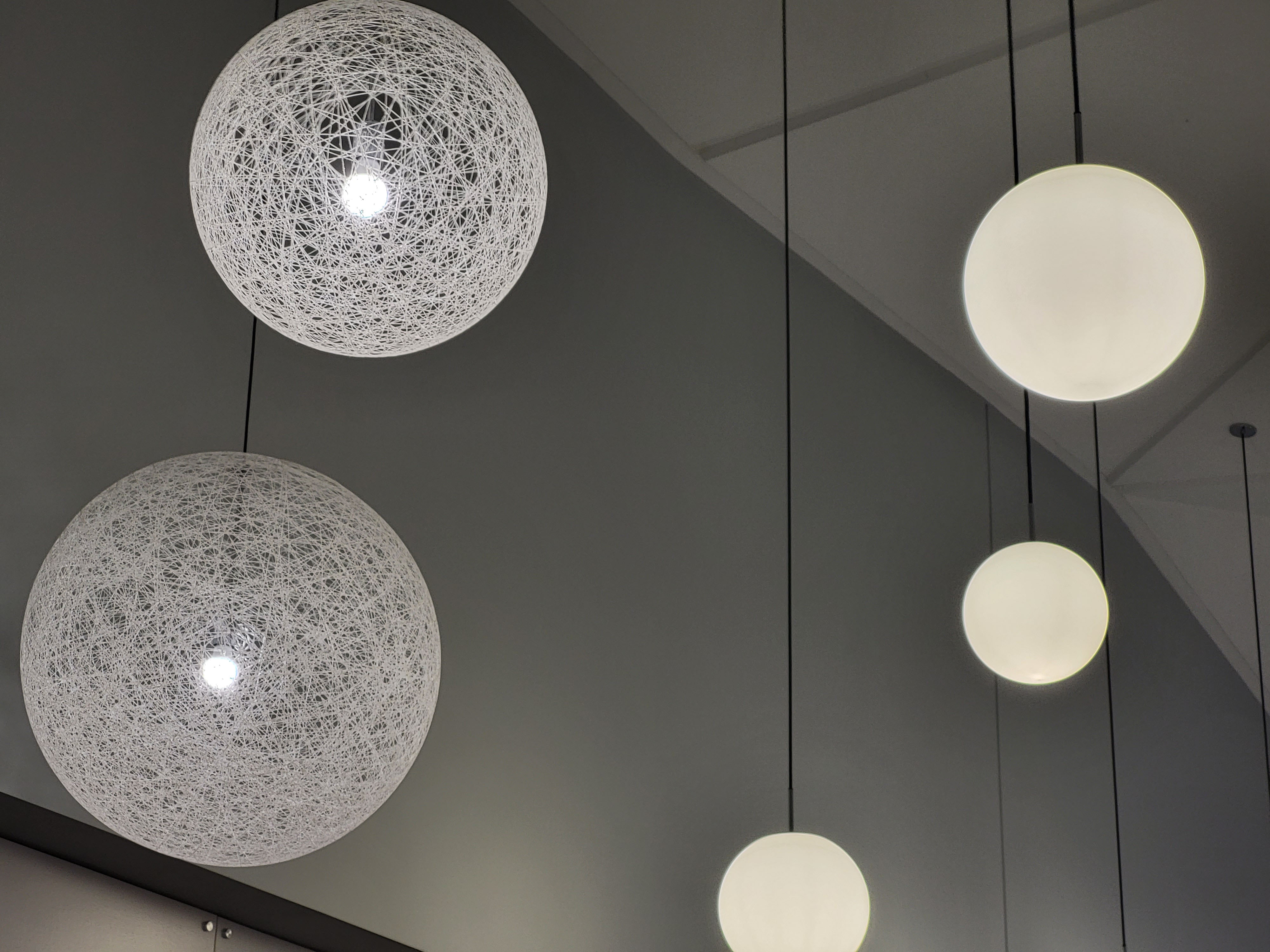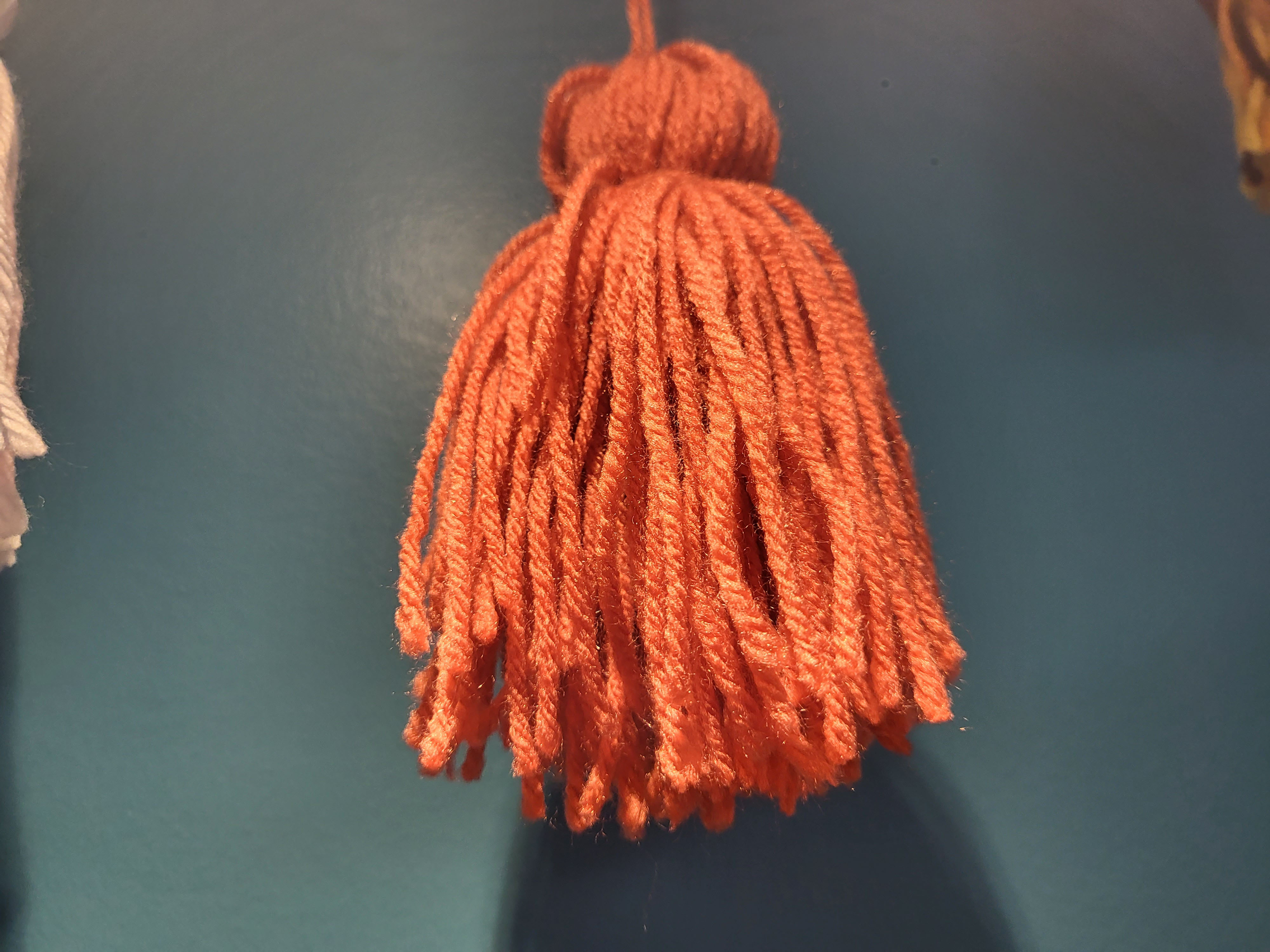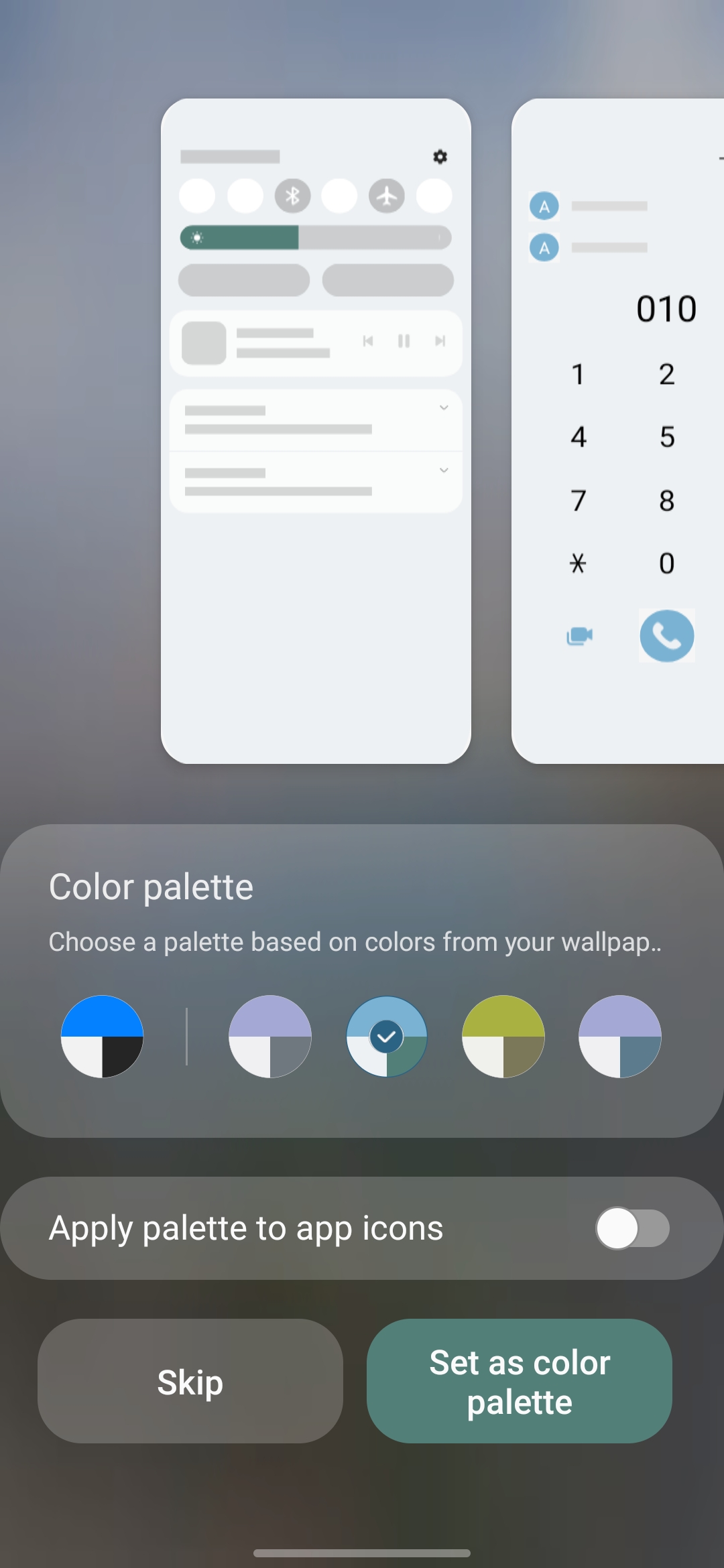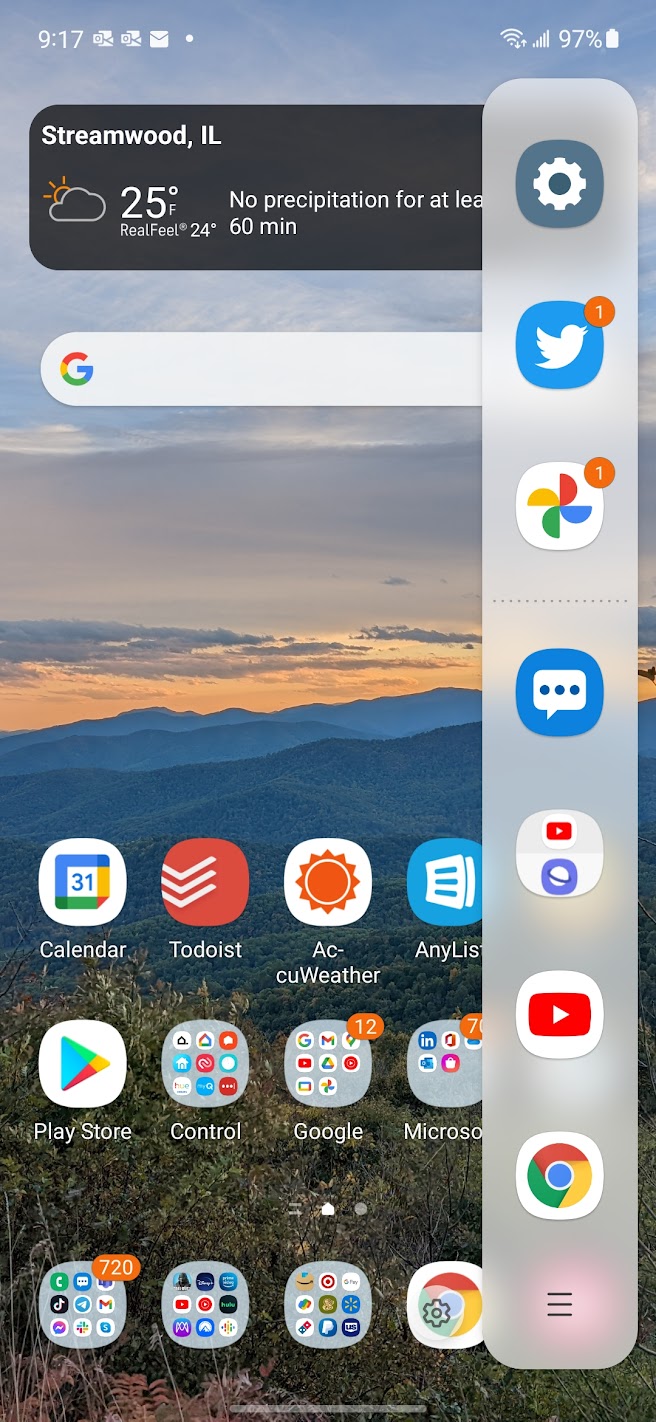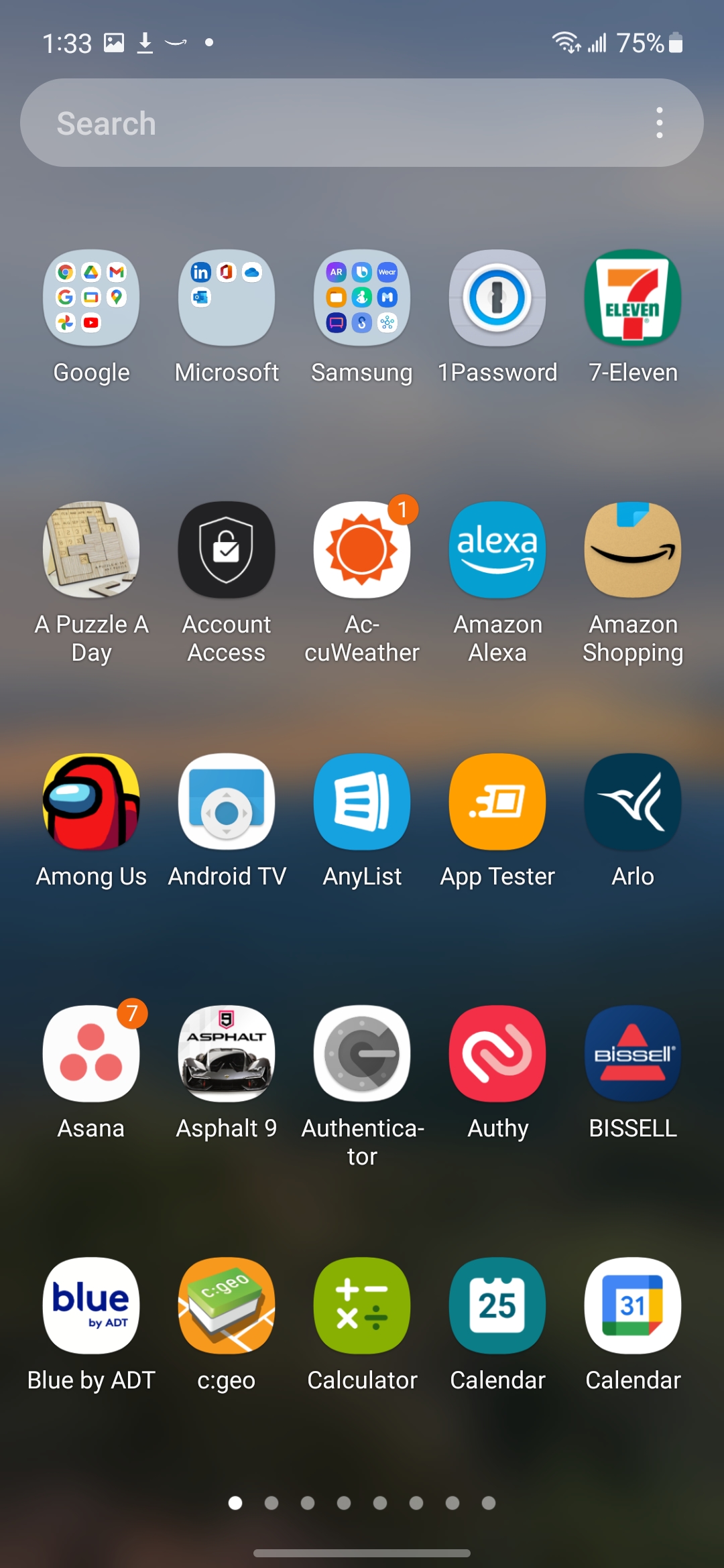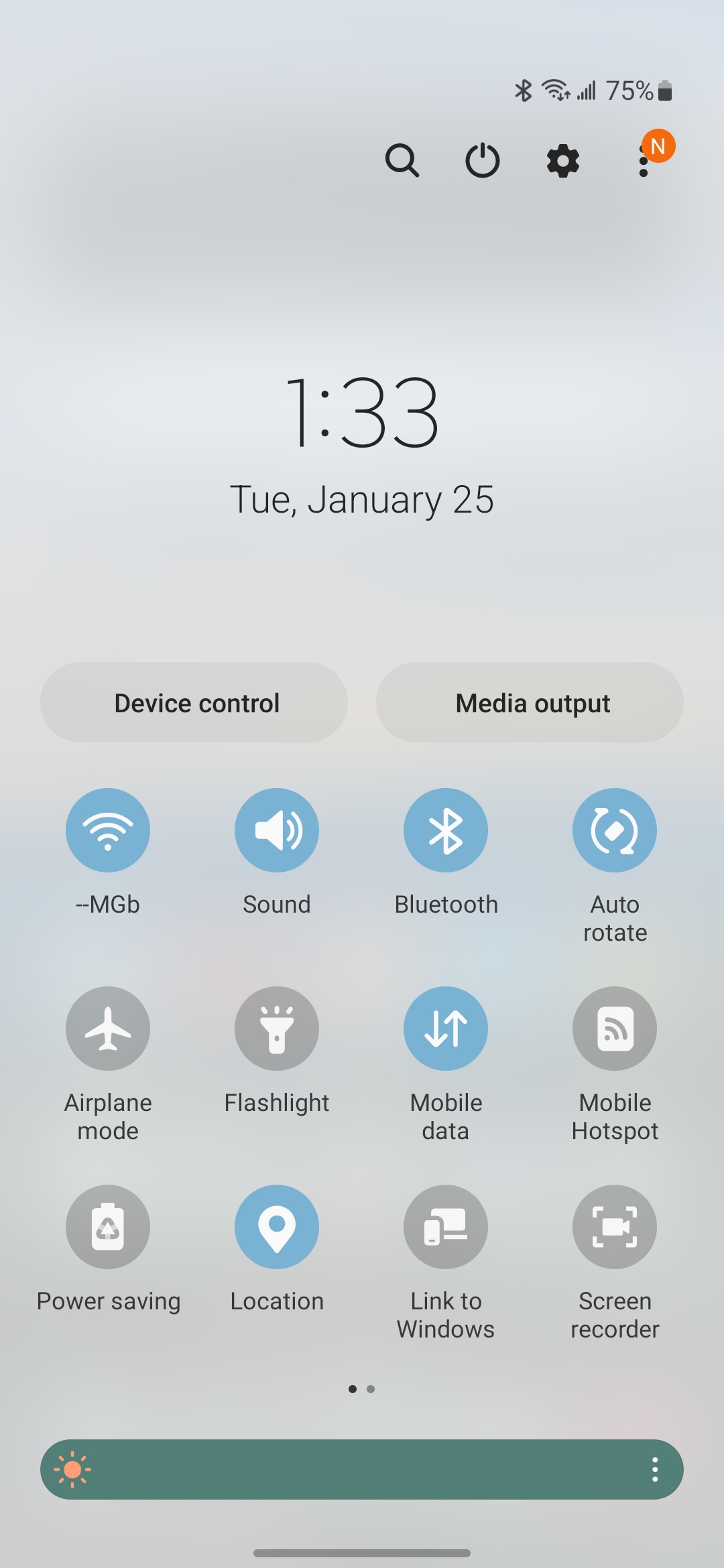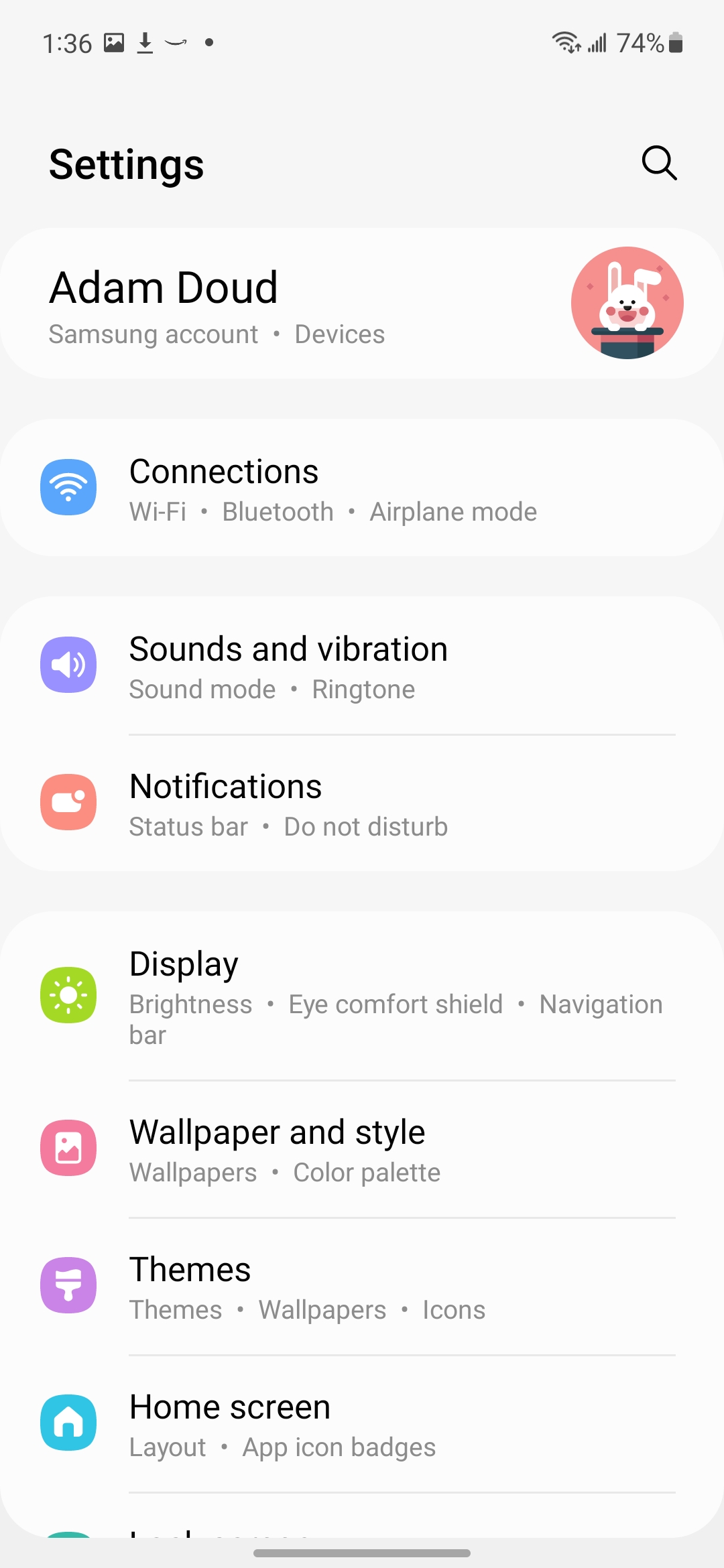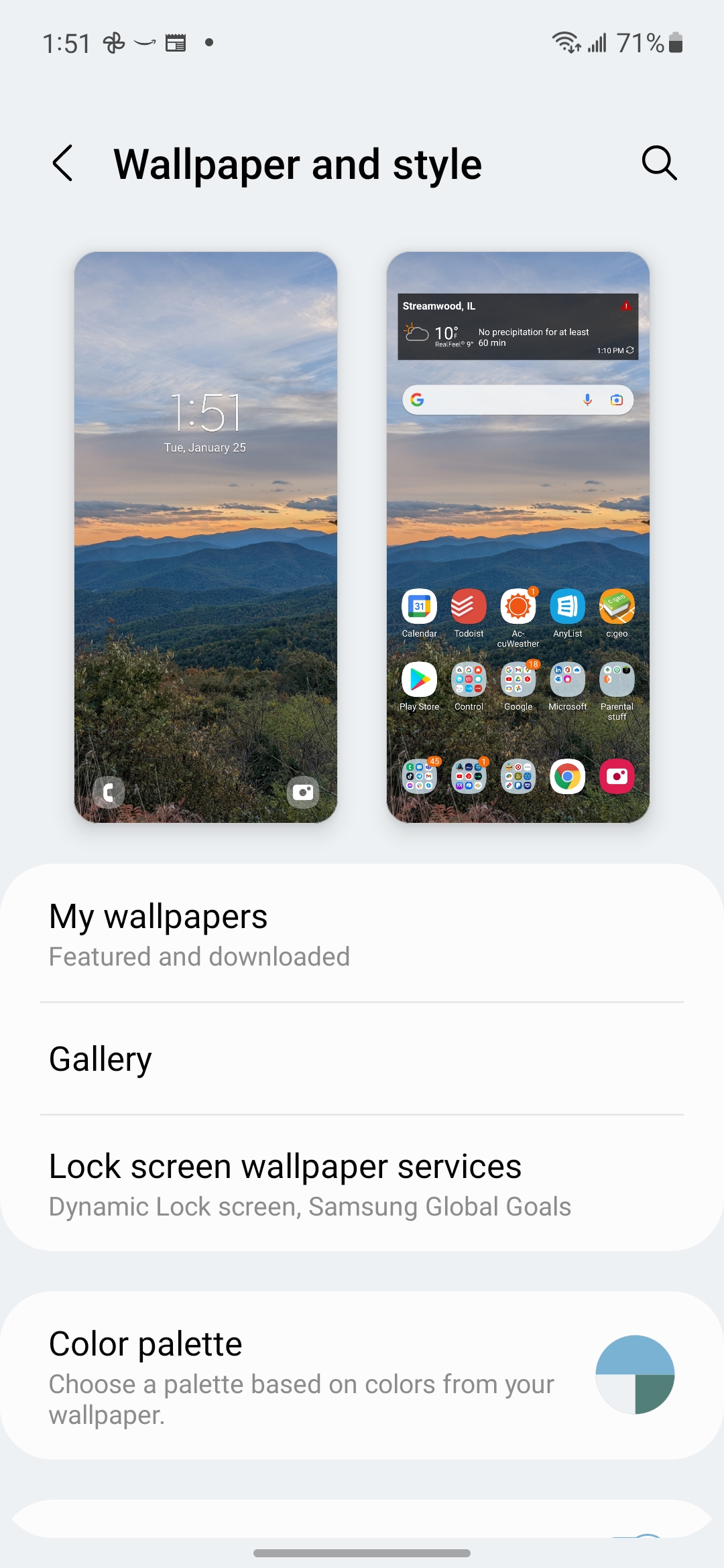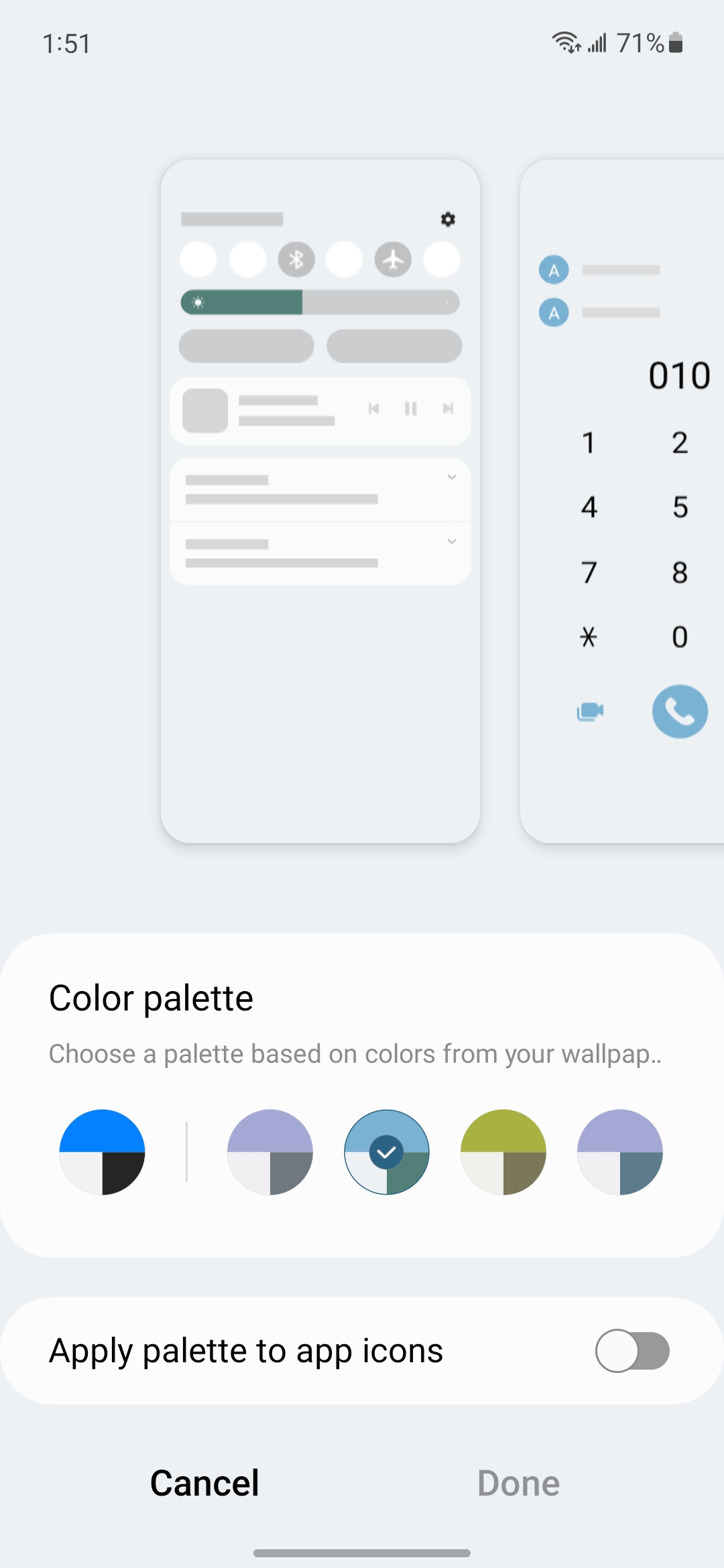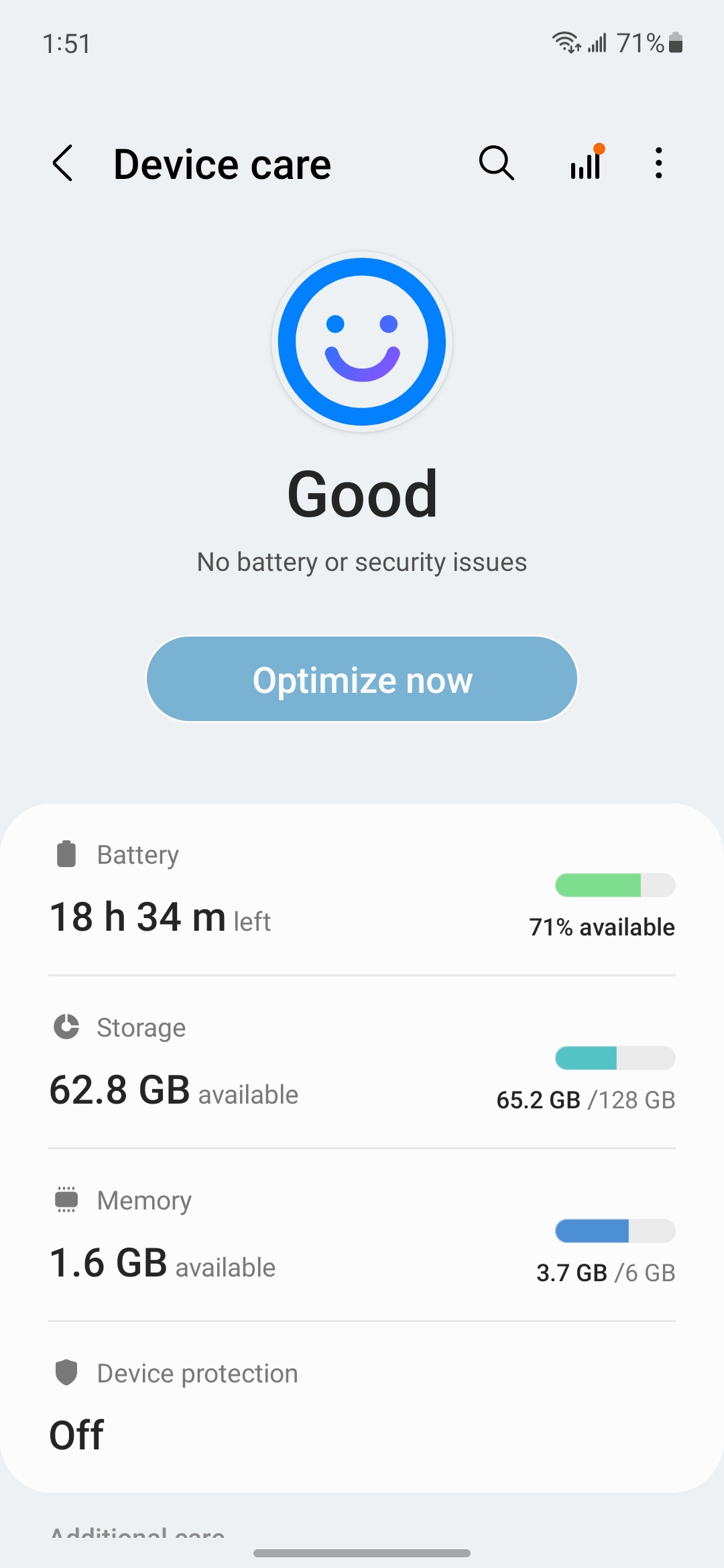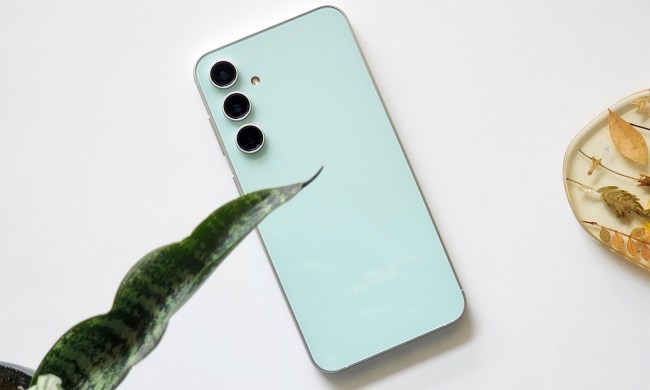“The Samsung Galaxy S21 FE 5G is the capable successor to the S20 FE, but comes at a poor time with the S22 around the corner, making it tougher to justify its value.”
- Powerful specifications
- Solid cameras
- Impressive 120Hz display
- Priced well for a flagship
- Touchscreen issues
- Battery just OK
- Too much competition at its price point
The Samsung Galaxy S21 FE 5G has a lot to live up to. Last year, the Samsung Galaxy S20 FE was among the best Android smartphones of the year. The combination of specifications and value made it an easy recommendation for people who might want to play in the Samsung space, and even play in the Samsung flagship space, but not spend quadruple digits to do it. Fast-forward to today, and Samsung is trying to do the same thing, but something seems off. Actually, a lot of things seem off. Let’s start with timing.
A long-awaited phone
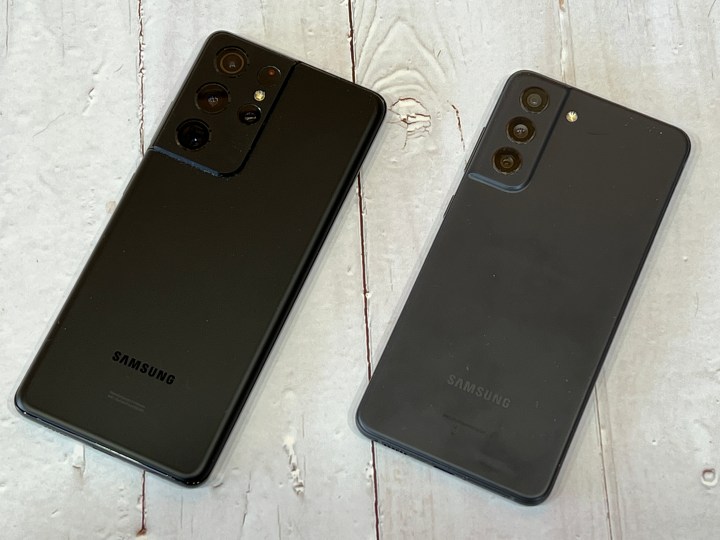
The Galaxy S20 FE debuted in September 2020, approximately seven months after the Galaxy S20 series, and four months prior to the Galaxy S21 series. Yes, there was a Note release in there, which is noteworthy (no pun intended) but not significant. This time, the Samsung Galaxy S21 FE 5G is coming out almost a year after the launch of the S21 series, and just weeks before the launch of the S22 series. Not ideal, but consider the competition.
In the past, in the budget flagship space, you typically had the OnePlus series of phones, an LG release or two, maybe a Moto “flagship,” and the Pixel. OnePlus graduated to full flagship status, LG is out of the game, and to put it politely, Motorola is targeting a different kind of audience. But the Google Pixel 6 changed the game in late 2021 and remains one of our most loved phones of 2021. Plus it’s $100 less than the Samsung Galaxy S21 FE 5G.
Suffice it to say, there are a lot of question marks surrounding the Samsung Galaxy S21 FE 5G.
In 2020, the Galaxy S20 series launched at $999 and up. The Galaxy S20 FE launched at $699, a full $300 cheaper than its closest flagship sibling. In 2021, the Galaxy S21 series launched at $799, putting the S21 FE at just $100 less, and as already mentioned, $100 more than the Google Pixel 6.
Suffice it to say, there are a lot of question marks surrounding the Samsung Galaxy S21 FE 5G. I’ve spent the last 10 days on T-Mobile’s 5G network putting it through its paces. In short, I wanted to find out if the phone cuts the right corners to make it the same value as its predecessor despite the imminent launch of the S22.
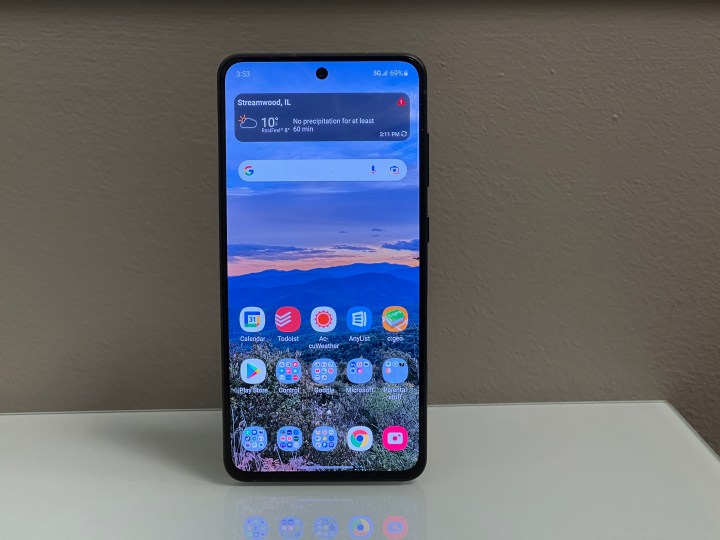
Design and hardware
In terms of design, the Samsung Galaxy S21 FE 5G doesn’t really break the mold compared to its siblings. The camera bump on the back seems less obtrusive, but that might be because my comparison device is the Galaxy S21 Ultra. Like the other flagships, the camera bump blends naturally into the back and side of the phone, but it lacks the S21’s two-tone approach, opting instead for a single housing. It’s nicer because of the lack of seams, but more boring being just a single color.
Around the sides, you have a power button and volume rocker on the right, a single speaker port, a USB-C port, and a SIM tray. On the front, you get a gorgeous 120Hz AMOLED panel that I’ll discuss in more detail below. There’s a single hole-punch at the top to accommodate the 32-megapixel selfie camera and the same reliable under-display ultrasonic fingerprint sensor at the bottom.
On the inside, the phone houses a Snapdragon 888 processor. My review unit has 6GB of RAM and 128GB of storage, but you can opt for 8GB/256GB if you prefer. There’s a 4,500 mAh battery that supports 25-watt fast charging or 15W wireless charging. All told, these are all respectable specifications for a 2021 flagship. The only (barely) outdated hardware is the processor now that the Snapdragon 8 Gen 1 chip is available. I don’t blame Samsung for sticking with the Snapdragon 888, but I give it less of a pass given that the S20 FE came out with the top-of-the-line processor at the time.

Display
One area where Samsung did not cut any corners is in the display. This is a 6.4-inch 2400 x 1800 dynamic AMOLED panel that is just a touch smaller than the previous generation but keeps the same 20:9 aspect ratio. The phone is comfortable to hold and use one-handed, but I wouldn’t mind if Samsung shaved off another third of an inch or so.
The display itself is gorgeous, with amazing viewing angles and color reproduction. It’s a 1080p panel, so it’s not the highest resolution on the market. That’s not necessarily a bad thing, since a lower resolution will help battery life considerably, especially when you have the phone running at its 120Hz refresh rate. Personally, I can rarely tell the difference between a 60Hz and 120Hz refresh rate; it simply doesn’t impress me when it’s there, nor does the lack of it bother me. You may (and probably will) have a different preference, and more power to you.
I usually increase the brightness so I can take in the rich detail of the games I play or the movies I watch, but with the Samsung Galaxy S21 FE 5G, I simply didn’t need to.
In a surprising twist, I hadn’t noticed just how bright the display was until I was into the fifth or sixth day of my review and I realized I hadn’t turned the brightness up at all, for anything. That’s unusual for me. While I typically use around 70% brightness on a phone, it’s not uncommon for me to crank it up to 100% when watching videos or gaming. I usually increase the brightness so I can take full advantage of HDR10+ and take in the rich detail of the games I play or the movies I watch, but with the Samsung Galaxy S21 FE 5G, I simply didn’t need to.
One aspect where Samsung continues to struggle mightily is touch rejection on the edges of the screen. This is a flat panel, but accidental touches on the edges are maddening, rendering games like Call of Duty Mobile virtually unplayable. Only after adding a case does the situation improve, but it does not disappear entirely. Granted, my pudgy sausage fingers are likely to blame, so again, your mileage may vary, but I’m sure I’m not the only one with the problem.

While I’m complaining about the oversensitivity of touch on the phone, allow me to also complain about the lack of touch sensitivity on this phone. This mainly cropped up while gaming, but I found small touch targets exceedingly hard to press, like buttons in Call of Duty Mobile or even small squares in games like Sudoku. Again, I know I have big fingers, but the Sudoku game, in particular, surprised me because I don’t have that issue with any other phone.
Performance, battery life, and connectivity
Overall, battery life was below average, considering its size. This is a 4,500 mAh power cell, and I regularly went to sleep with the phone hovering in the teens or single digits, percentage-wise. That’s after a day’s worth of bouncing between four email addresses, Twitter, Discord, Reddit, Kindle, and the full suite of Microsoft apps (Teams, Outlook, and more). That also typically includes a fair amount of gaming on Call of Duty Mobile, Sudoku, and other games here or there. This phone will get you through a full day’s activity, but it may struggle in those final hours.
- PCMark Work 3.0 Performance: 13711
- Geekbench (single/multi-core): 873/2284
- GFXBench Aztec Ruins Open GL: 27fps
- 3DMark: 5062
In terms of performance, the phone packs a Snapdragon 888 with 6GB of RAM, which is enough to power through just about everything. If I’m being really picky, I notice a very occasional stutter during gaming sessions, but overall I have no complaints. Connectivity seems to be really solid, or at least as solid as my phones get in the dead zone of T-Mobile signals I live in. I had no problems with dropped calls nor spotty internet, which also didn’t manifest on my iPhone 13 Pro.

Cameras and video
On the camera side, there’s very little difference between the S21 FE and S20 FE. Both phones carry three camera sensors for ultrawide, wide, and telephoto lenses. The main and ultrawide cameras both have 12MP sensors, while the telephoto camera sits at 8MP. There are some subtle differences in what the newer set of cameras can capture, such as 1080p at 240 frames per second (fps), but overall you’ll find little difference between the S20 FE and the S21 FE on the back.
Portrait mode is one of the best I’ve seen, easily picking out the edges of your subject while blurring out the background.
In broad daylight, all the cameras perform quite well. One subtle difference I noted was how the main camera seems to capture brighter colors at a warmer temperature than the other two sensors. This is especially true for reds, which tend to get oversaturated.
Portrait mode is one of the best I’ve seen, easily picking out the edges of your subject while blurring out the background. If you do some close-up pixel peeping, you’ll find it’s not perfect, but it’s very good. That’s true for the 32MP front-facing camera as well as the rear.
As for video, it’s pretty decent. Stabilization is lacking both during the day and at night. Especially at night, you’ll see a little bit of judder when walking. What’s disappointing about this is that this trait is also present in the front-facing camera. Previous Samsung phones I’ve tested going back two generations have always had rock-steady stabilization on the front-facing camera, making it ideal for vloggers who like to walk and talk to their camera. That simply isn’t the case here and it’s really disappointing.
At night, you can definitely grab some great snaps as long as there’s ambient light. Both the ultrawide sensor and the telephoto sensor lose detail when you’re looking at anything that doesn’t have a sharp edge. That means text will be fine, but the texture of a statue will get lost. That’s not surprising, since lowlight performance pushes most cameras to their limits, not just this phone. Video footage at night is not great, but also not terrible. Useful footage will be the exception, not the rule, but you will get lucky from time to time.
Zoom is not great past the 3x telephoto lens. The Galaxy S21 FE is capable of hybrid zoom up to 30x, but you shouldn’t use it unless you’re looking for photos to use as models to practice your watercolor painting. The singular exception to that rule is the moon. While the resolution is not great for moon shots, Samsung’s A.I. scene detection can still get you a great handheld shot of the moon. It’s a party trick, sure, but it’s really impressive.
Overall, the camera performance on the Galaxy S21 FE is slightly less capable than current competitors. Don’t get me wrong, the cameras are still very good, but they fall short of the greatness that can be found on the iPhone 13 or the Pixel 6.
Software and features
The Samsung Galaxy S21 FE 5G ships with Samsung’s One UI 4.0, which is based on Google’s Android 12. Mostly, this is Samsung’s show, though; there’s little recognizable as being inherently Google here. Yes, the software can make system UI changes based on your wallpaper, but most of the options available were muted blues and grays rather than the bright orange from the sunset in a photo that I made into my wallpaper. It was a little disconcerting.
Also missing are the animations that Google gives you when you power your device on and off. In Android 12, when you press the power button to put the phone to sleep, the black sweeps across the screen into the power button. When you wake the phone up, the reverse happens. It’s simply decorative, but I miss it when I’m using phones other than my Pixel 6.
A lot of One UI is done right, though, with large labels for menus at the top of the scree, and buttons reachable near the bottom; that’s standard fare for One UI. One area that still needs improvement is in the app drawer. It’s a side-scrolling affair that isn’t bad in and of itself, but you can’t roll over from the beginning of the menu to the end. Put simply, if you’re on the screen with the As and you need to open Zillow, you have a lot of sideswipes in your future.
Of course, if you’re like me and you have all your apps organized into folders on the home screen, that’s not much of a problem. One delightful feature that Samsung adds is the ability to bulk add apps to folders, and everyone needs to copy this feature right now! Some manufacturers do this; those that don’t need to get in line because that is a feature that is so incredibly useful it hurts to use phones that don’t have it, including the Pixel 6.
Overall, I like One UI, but I prefer Google’s approach to Android. From the animations to the theming to the app drawer, it just adapts to my style a little bit more.
Our take
The Samsung Galaxy S21 FE is in such a weird place it’s hard to wrap my head around it. Most notably. the question I find myself asking is why? Why does this phone exist? The next generation of Galaxy smartphones will be introduced in just over two weeks as of this writing. At the moment, there are worse ways that you could spend $700 on a smartphone. But that’s not really an endorsement. Depending on where the S22 series lands in terms of price and specifications, this may be a great deal, or it may be a questionable purchase where a little extra money can bring you a lot more phone.
To be frank, while this is a really good smartphone on its own at its price, Samsung probably would have been better off just not releasing it at all, or launching it directly next to the S22 as a “budget” alternative.
Is there a better alternative?
Yes. Both Android and iOS have better alternatives to this phone, depending on your tastes. Neither the Google Pixel 6 nor the iPhone 13 cameras have the optical zoom capability, so that’s one point for Samsung. But both phones outclass the Samsung Galaxy S21 FE 5G in many other ways including software, camera processing, and design. This phone is just too little, too late.
How long will it last?
Samsung covers its phones with a typical one-year warranty. The Snapdragon 888 processor and plastic build will help it stand up throughout a normal 24-month phone cycle. While the plastic back doesn’t feel as premium, it will handle falls and impacts better. The processor and RAM should be future-proof for at least that long as well.
Should you buy it?
No. Simply put, the Google Pixel 6 is a better phone in almost every way, and it costs $100 less to boot. If you prefer the iPhone, the iPhone 13 is no slouch either. Don’t get me wrong, this is a very good phone, but it’s coming at a weird time. The only reason you should buy this phone is if you absolutely want a Samsung flagship, but you don’t want to buy an almost year-old phone in the Samsung Galaxy S21, nor a more expensive brand new phone in the S22. That’s an oddly specific set of criteria, but that’s also Samsung’s bread-and-butter — a phone for all budgets.















